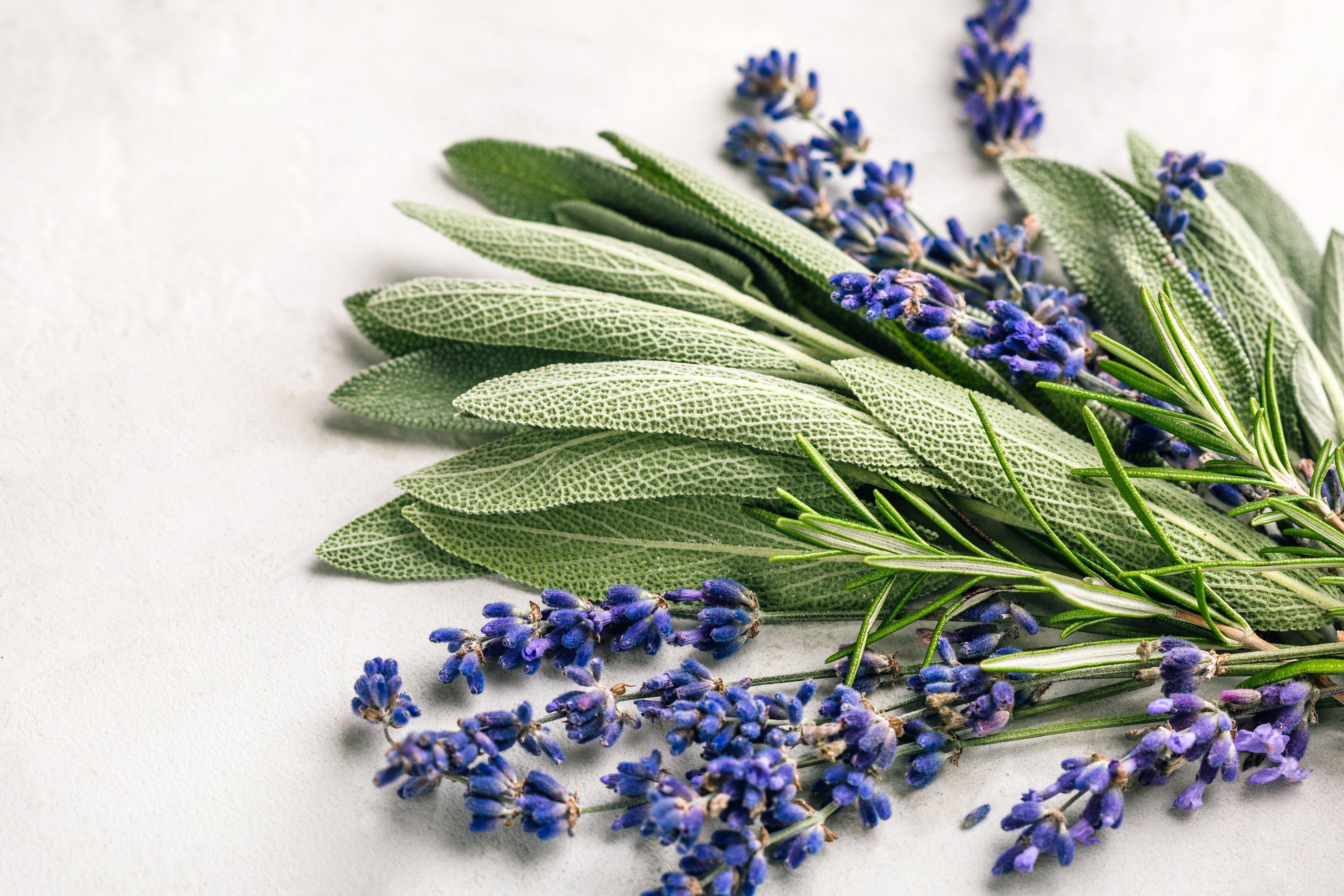Discover how to naturally improve your brain, skin and bone health

Sadly, most people still do NOT understand how plant medicine can greatly improve many aspects of well-being. For example, did you know that plants from the genus Salvia have been used for centuries in traditional medicinal healing?
Part of the mint family, Salvia plant species (including sage, oregano, basil, and rosemary) have powerful health benefits - in addition to their classic and pleasing aromas! Fortunately, the historical uses of these plants are still applicable today for anyone interested in optimizing their well-being using natural plant (herbal) remedies.
Today, we'll focus on a plant that I know you'll really want to consume, after you discover the value.
Sage: A traditional herb with a classic aroma can greatly improve your brain health
There's no question about it: people have long known about the health benefits of sage. Indeed, this herb has had a place in traditional cultures throughout history, from ceremonial uses among Native Americans to a plant-based remedy for respiratory issues, stomach problems, and toothaches in ancient Egypt. Medicinal uses aside, sage also remains one of the culinary world's most beloved herbs, as it enhances both sweet and savory dishes thanks to its earthy, piney, and citrusy aroma.
And as it so often happens with plant medicine, modern science is now backing up many of the long-heralded uses and benefits of sage.
For example, a review paper published in Frontiers in Neuroscience notes that in addition to lavender and rosemary, sage has been shown in scientific studies (including randomized, placebo-controlled trials) to serve as an effective complementary medicine for people with common neurological disorders, including "Alzheimer's disease, Parkinson's disease, migraine, and cognitive disorders." The authors hypothesize that sage could have "significant beneficial effects on the function of the brain," including the ability of certain compounds in sage to protect against amyloid beta plaque toxicity. Sage has even been shown in a small randomized controlled trial from 2020 in Nutrients to improve cognitive performance, mood, and anxiety!
These findings are supported by an older paper published in the Journal of Traditional and Complementary Medicine, which notes that sage is a well-known source of flavonoids and polyphenolic compounds, which are known to have strong antioxidant, anti-inflammatory, neuroprotective, and antibacterial properties.
In addition to supporting brain and nervous system function, here are some other potential health benefits of sage based on its powerful healing properties:
- May promote oral health
- May promote healthy cholesterol and blood sugar levels
- May support thermoregulation and offer relief from things like hot flashes and night sweats in women experiencing menopause
- May support healthy skin and bones
- May decrease the rate of cancer cell division
How to use sage as part of your healthy balanced diet
While you can use dried or fresh sage in your cooking, some research suggests that using fresh sage will allow you to get the most out of its healing and healthful properties. No matter which variety you choose, here's some inspiration for you the next time you want to use it in your cooking:
- Add as a garnish to soups, stews, salads, sauces, and side dishes
- Mix into pasture raised egg omelets with your favorite organic veggies
- Chop and mix into grass-fed butter to make your own herb butter
- Use as a seasoning or rub on roasted organic veggies and 100% grass fed meat
Sources for this article include:
-
Posted in
brain health, herb, sage, skin health






